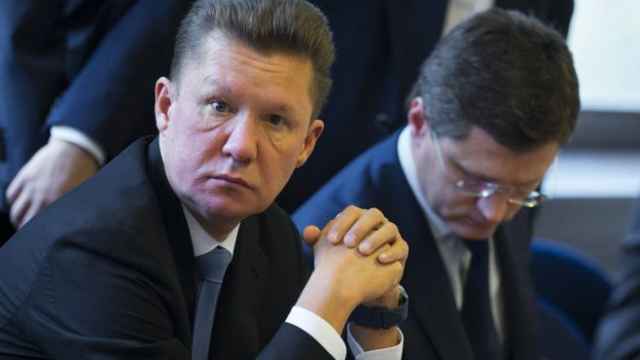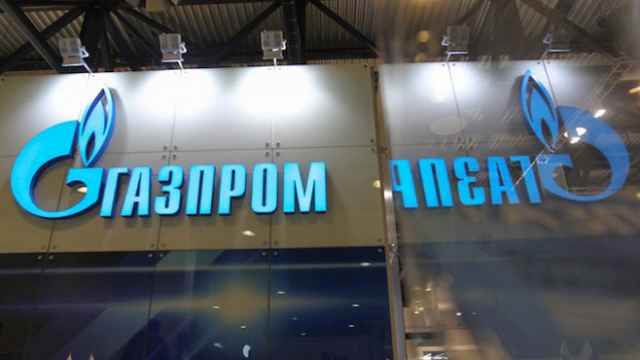FRANKFURT/MOSCOW — BASF's Wintershall on Thursday said a major deal with Gazprom was on track, after comments by the boss of the Russian company led to speculation it may be altered.
Gazprom head Alexei Miller said in a meeting in St Petersburg on Tuesday that some projects dealing with end users in Europe "could undergo certain changes, they could be modified in a certain way."
The deal for Gazprom to take over its Wintershall's German gas trading and storage was on course for completion this autumn, a Wintershall spokesman said in response to an enquiry.
Both parties have seen delays to the execution of the non-cash deal this year, citing legal reasons, but in the context of rising tension between Russia and its Western European business partners over the conflict in Ukraine.
Wintershall, the German chemicals group's oil and gas arm, in 2012 agreed the deal, which will give the Russians full control over its units Wingas and Astora in return for gaining more access to Gazprom's Siberian gas fields.
It received European Commission backing last December for it to become effective in mid-2014, backdated to April 1, 2013.
"The complex legal unbundling process involving the establishment of new companies in Russia, the Netherlands and Germany is taking longer than initially anticipated," the Wintershall spokesman said.
"Therefore, we now expect our asset swap with Gazprom to conclude in autumn 2014," he added.
A Gazprom source on Thursday said, "The swap deal is scheduled to be completed by the 2014 year end. No plans to delay for 2015."
Wingas, currently a 50/50 joint venture with Gazprom, last year sold 44.3 billion cubic meters (bcm) of gas across Western Europe — equivalent to nearly half of Germany's total consumption.
Astora controls 6 bcm of gas storage capacity.
Russia's decision in June to cut gas supplies to Ukraine over a pricing dispute raised questions about Russia's role and reputation as a key energy supplier in the region.
Wintershall has long explored Siberian gas fields jointly with Gazprom and is also involved with South Stream, a new pipeline for Russian gas under the Black Sea into Bulgaria on to central Europe.
A Message from The Moscow Times:
Dear readers,
We are facing unprecedented challenges. Russia's Prosecutor General's Office has designated The Moscow Times as an "undesirable" organization, criminalizing our work and putting our staff at risk of prosecution. This follows our earlier unjust labeling as a "foreign agent."
These actions are direct attempts to silence independent journalism in Russia. The authorities claim our work "discredits the decisions of the Russian leadership." We see things differently: we strive to provide accurate, unbiased reporting on Russia.
We, the journalists of The Moscow Times, refuse to be silenced. But to continue our work, we need your help.
Your support, no matter how small, makes a world of difference. If you can, please support us monthly starting from just $2. It's quick to set up, and every contribution makes a significant impact.
By supporting The Moscow Times, you're defending open, independent journalism in the face of repression. Thank you for standing with us.
Remind me later.






